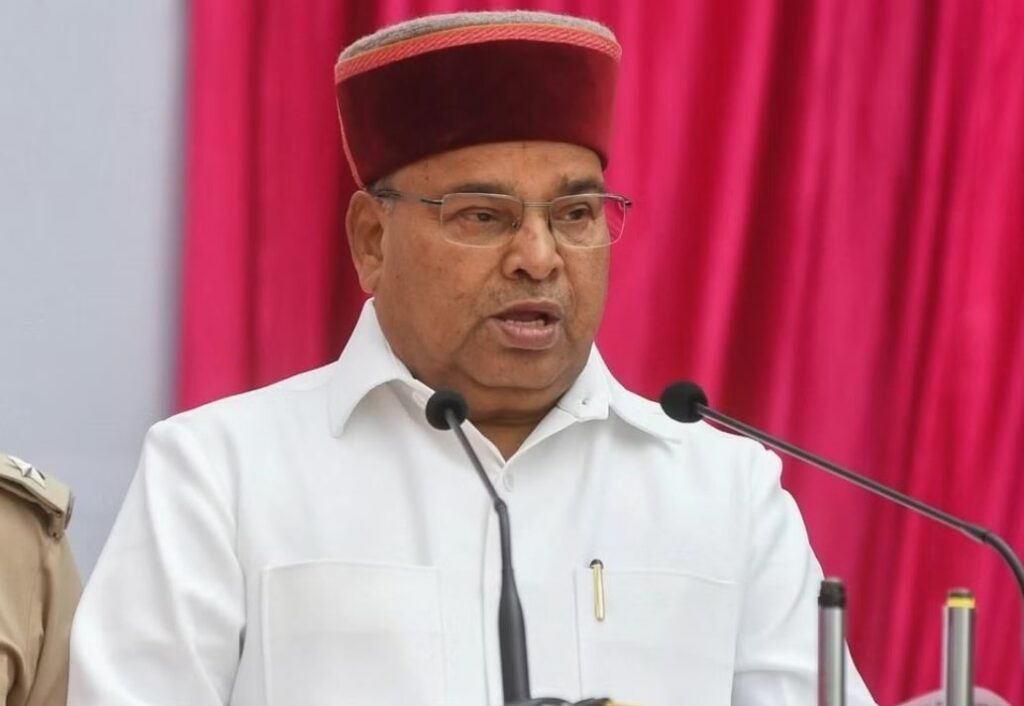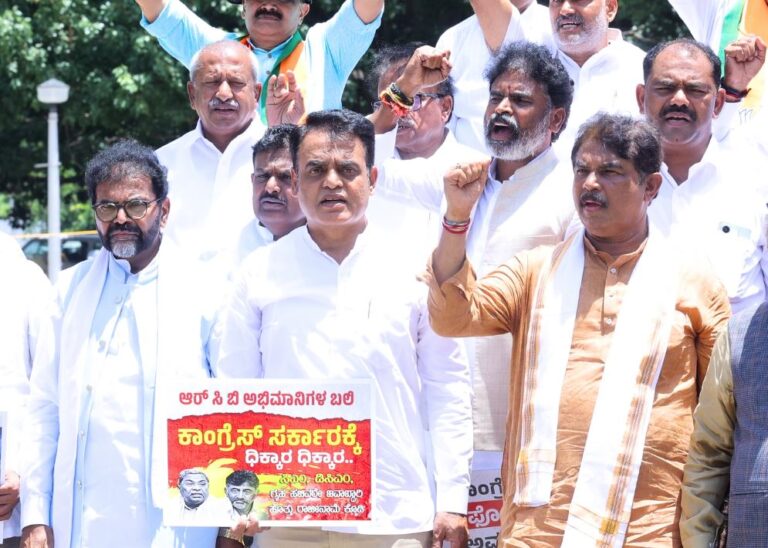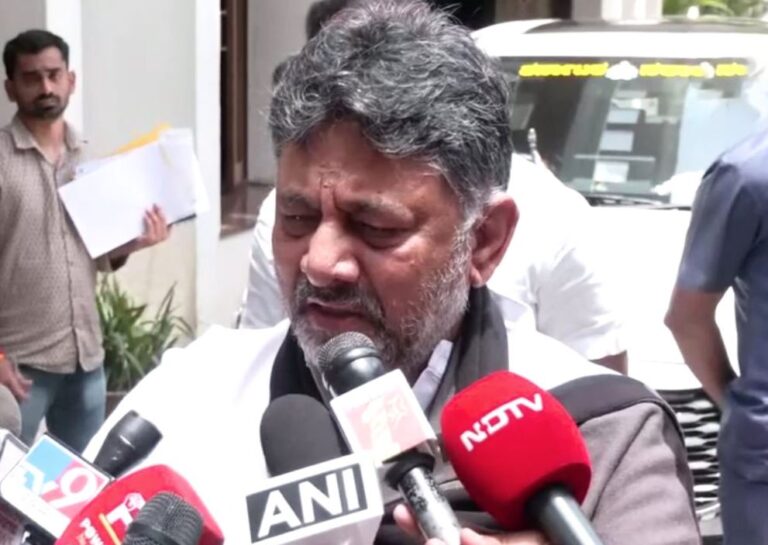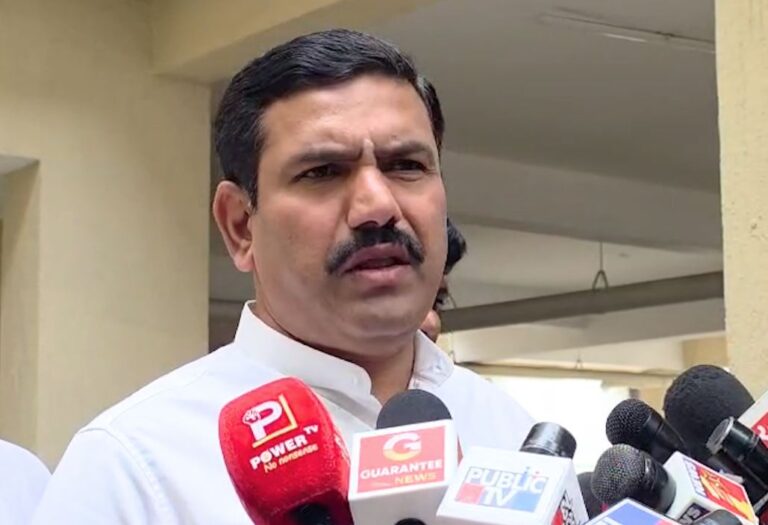Bengaluru,Feb 7 : In a setback to the Karnataka government’s efforts to regulate microfinance coercion, Governor Thaawarchand Gehlot has returned the Karnataka Microfinance (Regulation of Coercive Practices) Ordinance – 2025 without signing it, seeking further clarification.
The ordinance was sent to the Governor last week for approval, aiming to curb coercive recovery practices by microfinance institutions. However, the Governor has raised several concerns regarding its provisions and requested more clarity from the state government.
Key Concerns Raised by the Governor
One of the major provisions in the ordinance proposed to release borrowers from all loan and interest obligations and prohibited civil courts from handling loan recovery cases against borrowers. While the ordinance aimed to protect victims of microfinance coercion, the Governor emphasized the need to also safeguard lenders who legally disburse loans under regulatory frameworks.
He pointed out that if borrowers are relieved of their loan liabilities, legally operating financial institutions may face severe financial setbacks, with no legal avenues for loan recovery. This, he argued, could contradict principles of natural justice and infringe on fundamental rights.
The ordinance also proposed a maximum penalty of 10 years imprisonment and a ₹5 lakh fine for violations. The Governor questioned the proportionality of these penalties, especially when microfinance loans are capped at ₹3 lakh. He noted that the fine amount seemed inconsistent when compared with penalties for similar offenses under existing laws.
Additionally, the Governor raised concerns that the ordinance could negatively impact self-help groups (SHGs) that provide loans to economically weaker sections. He suggested that such regulations could disrupt SHG operations in Karnataka.
Limited Applicability of the Ordinance
The ordinance does not apply to RBI-registered banks or Non-Banking Financial Companies (NBFCs), which are the primary lenders in the microfinance sector. Instead, it focuses on unregistered and unlicensed entities, limiting its overall impact.
The Governor also pointed out that several existing laws already regulate predatory lending practices, including:
Karnataka Money Lenders Act, 1961
Negotiable Instruments Act (NIA)
Karnataka Debt Relief Act
Provisions under the Indian Penal Code (IPC)
He emphasized that strict enforcement of these existing laws could achieve the desired regulatory control without requiring a ordinance.
Governor Suggests Legislative Discussion
The Governor noted that the ordinance primarily benefits borrowers but also has significant consequences for lenders. Given its potential impact, he recommended a detailed discussion in the upcoming Budget Session of the state legislature instead of rushing to implement it through an ordinance.
He has directed the government to resubmit the proposal with additional clarifications, legal opinions, and supporting data before reconsidering approval.







